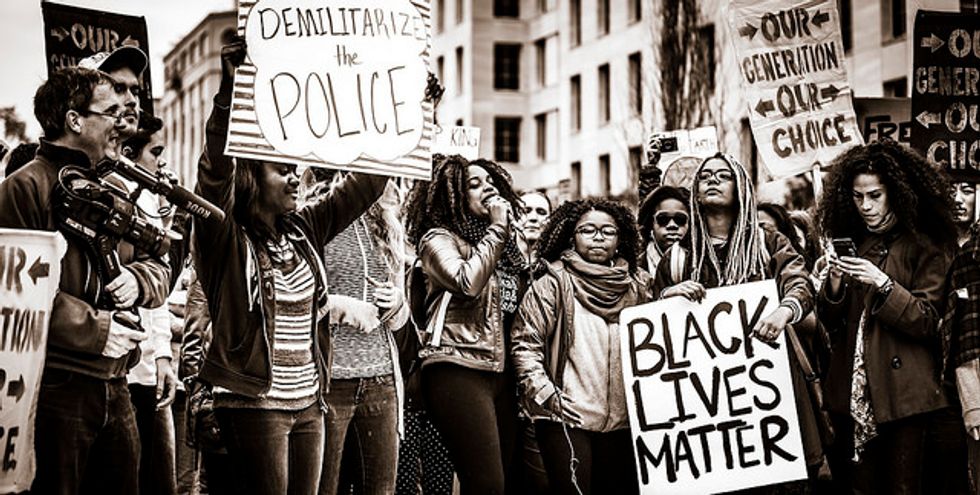If there's one myth that plagues the criminal justice movement it is this- the idea that if the United States stopped locking away people for small drug offenses, we could end mass incarceration. People from both ends of the political spectrum subscribe to this logic, and both parties are willing to decriminalize "low level" drug offenses.
The only problem with this thinking is that it is not true. For starters, only 16% to 20% of prisoners are in for drug offenses. Of this 20%, very few qualify for release under the current criminal justice reform movement's thinking.
The fact remains that there are not enough non-violent, first-time offenders in prison to make a significant difference in the incarceration rate.
Only .12% of federal and 3.4% of state prisoners were behind bars for possession. Over 99% of federal prisoners convicted of drug crimes have trafficking or manufacturing as their most serious charge.
The War on Drugs guarantees street violence due to the inherent violence of the black market. The tragic deaths of dealers, users, and anyone else caught up in the drug trade is the result of bad policy. Criminalization of any behavior makes that behavior dangerous and riskier.
Even if all drug offenders were to be released, that would only mean a 20% reduction in the prison population. The United States would still remain an outlier compared to other nations' incarceration rates.
In the context of mass incarceration, the swelling of our nations prison population with violent offenders is in many cases a result of the criminalization of drugs. The cost to sell, distribute, and make drugs increases the value of using violence to continue the operation. The increased cost of drugs also means that some drug abusers must commit crimes to feed their habit.
The drive in American incarceration rates can be blamed on a variety of different things. However, the enforcement of drug laws is a large driver of mass incarceration. Steps such as decriminalization, using evidence-based treatment programs, and curbing arrest of low-level drug dealers can potentially reverse the trend of mass incarceration.
The fact of the matter is that there are not enough non-violent low drug level offenders to significantly reduce the size of the prison population. By ending drug prohibition, there will be a decrease in crime. Coupled with very loose drug laws, and hopefully, the era of mass incarceration will end.

















